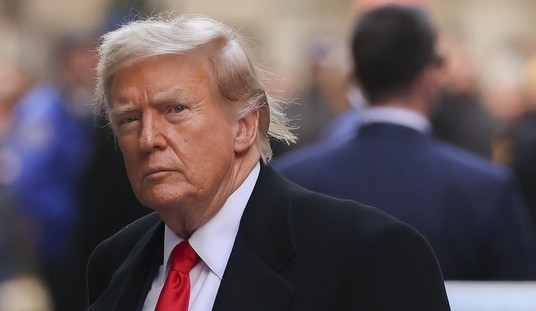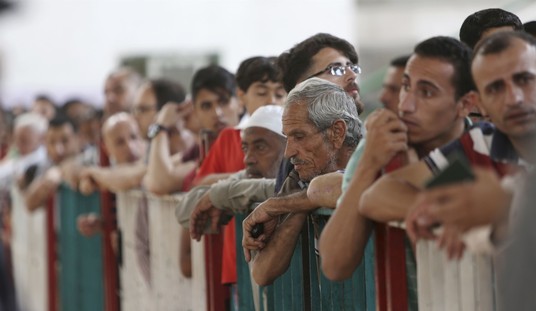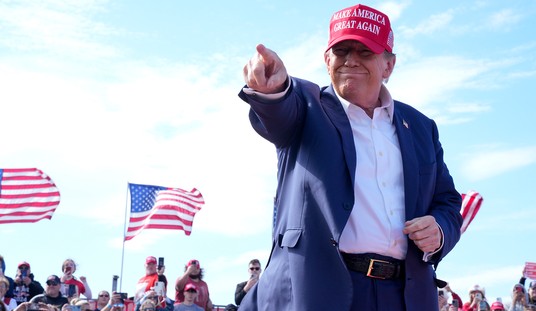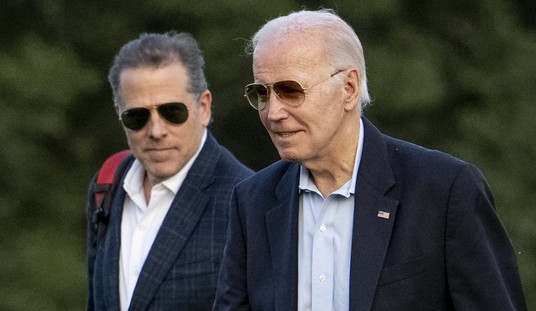WASHINGTON — Stressing that “searching someone’s phone is not the same as searching someone’s luggage,” Sen. Rand Paul (R-Ky.) today challenged Homeland Security Secretary John Kelly on the privacy implications of border officials demanding to check the contents of people’s phones and other electronic devices before entry or risk detention.
Paul questioned Kelly back on April 5 at a Senate Homeland Security and Governmental Affairs Committee hearing about reports of citizens and green card holders having their phones searched increasing fivefold, and whether DHS was telling people they can’t return to the U.S., their home country, without handing over the contents of their phone.
“Just don’t believe we’re doing it,” Kelly replied.
Paul followed up that hearing by sending a series of questions; the senator said at today’s hearing that he’s still waiting for a response.
“This year, a NASA engineer and a U.S. citizen was pulled aside after coming back from Chile. They demanded the PIN for his phone and they handed him a form that explained how CBP had the right to copy the contents of his phone, all the contents of his phone. He recalled that the form indicated that his participation in the search was mandatory and it threatened detention and/or seizure if he did not comply. The phone, ironically, was already a government phone, it was a NASA phone that we were wanting to search,” Paul said.
“Two citizens were stopped on return from Canada. NBC did an investigation of 25 different cases of U.S. citizens being told to turn over the phones, unlock them or provide passwords. A U.S. citizen was taken off of a flight in L.A., handcuffed and released after a Homeland Security agent looked through his phone for 15 minutes. A U.S. citizen journalist was also had their phone taken.”
Paul asked Kelly, “Is your answer still, ‘I just don’t believe we’re doing it’?”
“My answer is, we don’t do it routinely unless there’s a reason why, so that’s a change,” Kelly replied. “We do it whether they’re citizens or noncitizens coming in, I think it’s — of the million or so people are coming in the country, about half of one percent is checked.”
“Now typically the officers who are engaged in the front-line defense at the ports of entry, in their questioning of individuals for whatever has tipped them off, will cause them to have certain conversations, go down certain avenues of not interrogation, but again, the conversation, in the event of some indicator that perhaps the individual is returning from, you know, sex tourism or something like that. We do catch a fair number of people in that regard,” he added. “But again, Senator, very seldom done and always for a reason and always within the law.”
Paul asked how long someone is detained if they refuse to give the PIN to unlock their phone. Kelly called it “a relatively short period of time.”
“You’re just fine with a policy that arbitrarily takes someone’s phone, says you can’t come back into your own country?” Paul asked.
“Not arbitrarily. There’s a reason why they do it, Senator,” the DHS secretary replied.
“In our country, if you want to look at my phone you call a judge, in my country. You know, so this wouldn’t necessarily be American jurisprudence if you’re just saying, ‘We might have some internal rules.’ Have you published what your rules are?” Paul continued.
Kelly said that “there are procedures, whether they’re published or not or specific enough to publish I don’t know, but I can certainly get back to you.”
Paul argued that searching a phone is different than U.S. officials’ authority to search baggage because luggage could contain “an immediate threat to the country, to the people, to the plane, etc. — I think we’ve decided that that’s within the scope of your jurisdiction.”
“But looking at someone’s phone is a much more personal and much more extensive look into their life. And we just don’t think you should be — you know, it sort of horrifies us to think that you couldn’t come back in your country… that doesn’t seem like a fair tradeoff to be able to travel or for safety,” he said.
“I think there can be one standard for somebody who’s coming for the first time from Afghanistan who’s got one name and no background. I’m with you all, and we need to do more scrutiny on people coming to our country. But if an American citizen leaves and comes back, I think, for goodness sake’s, they ought to still be protected by the Bill of Rights when they come home.”








Join the conversation as a VIP Member